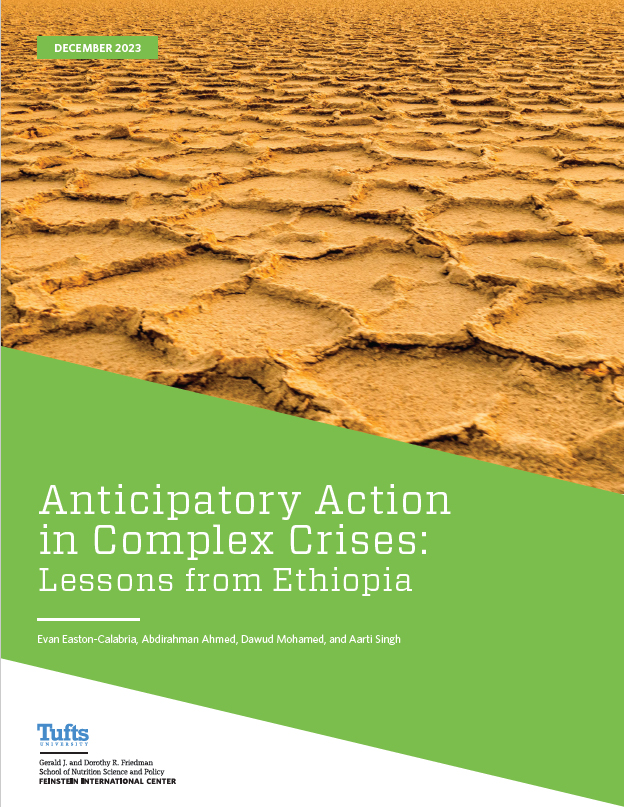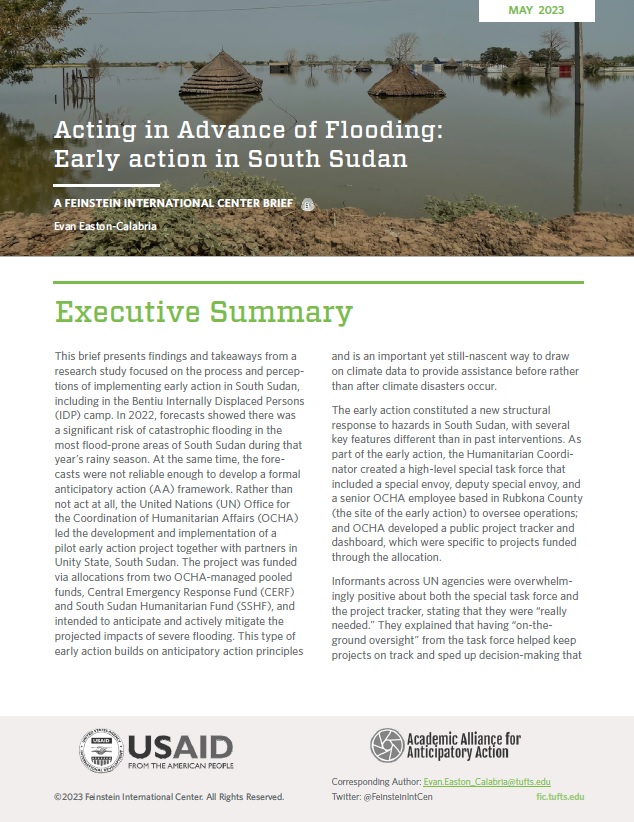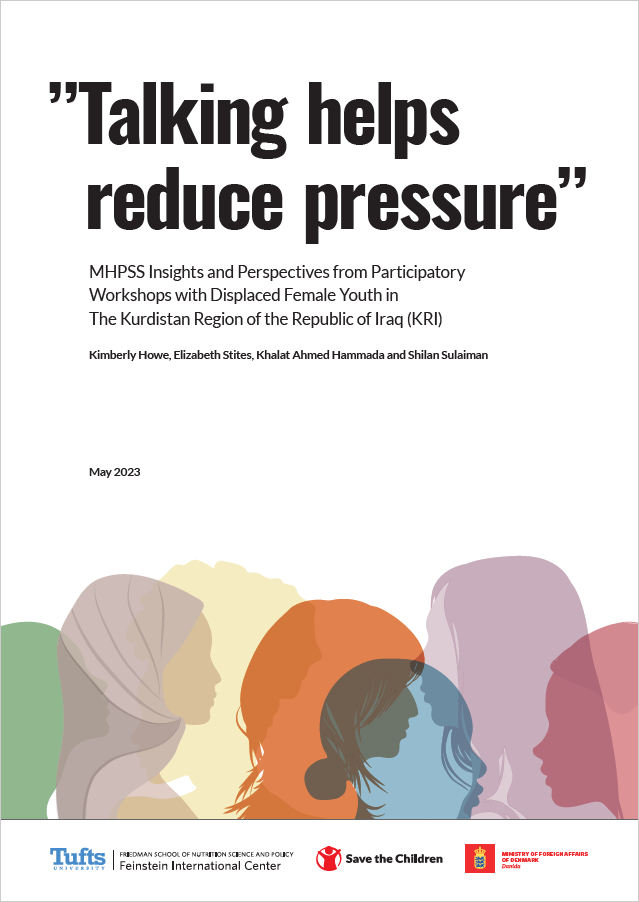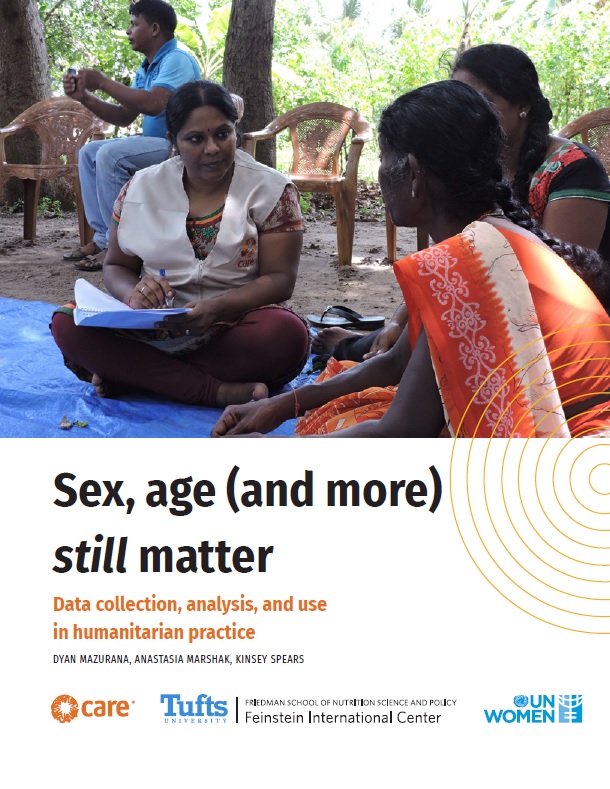Research in Uruzgan suggests that insecurity is largely the result of the failure of governance, which has exacerbated traditional tribal rivalries. While respondents within the international military did report some short-term benefits of aid projects in facilitating interaction with and collecting information from communities, it appears that corruption, tribal politics, and the heavy-handed behavior of international forces neutralized whatever positive effects aid projects might have delivered. Post-2001, a group of tribally affiliated strongmen was seen to have taken advantage of their networks to secure government positions, and then to have used those positions to further consolidate political and economic power and weaken or drive away their rivals, sometimes involving the international forces by labeling their rivals as either Taliban or involved in the narcotics trade. As elsewhere, the Taliban have been adept at taking advantage of the openings provided by grievance and resentment. Similar to the four other provinces included in the study, respondents were highly critical of aid projects, mainly because aid was perceived to be both poorly distributed and highly corrupt, benefitting mainly the dominant powerholders. Uruzgan provided ample evidence of the destabilizing effects of aid projects. Given the characterization of aid projects as monopolized by people who were cruel and unjust, there was skepticism about the extent to which aid projects could contribute to security. In the context of the Dutch handover and the 2014 Transition, the research also raises the question of whether relying on individuals to deliver security is consistent with the professed objective of strengthening the state.
Winning Hearts and Minds in Uruzgan Province
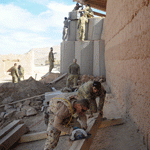
ASSOCIATED PROJECT
SUBJECTS
PUBLICATION TYPE
LOCATION

RELATED PUBLICATIONS
This briefing describes the key elements and issues associated with conflict in pastoralist areas across sub-Saharan Africa.
•
Ce document d’information décrit les éléments clés et les enjeux associés aux conflits dans les zones pastorales d’Afrique subsaharienne.
•
This study examines how anticipatory action was perceived and experienced among Ethiopians living with drought alongside other crises.
•
In 2022 UN OCHA led a pilot anticipatory action intervention in South Sudan. This brief presents UN actors’ perceptions of this intervention.
•



